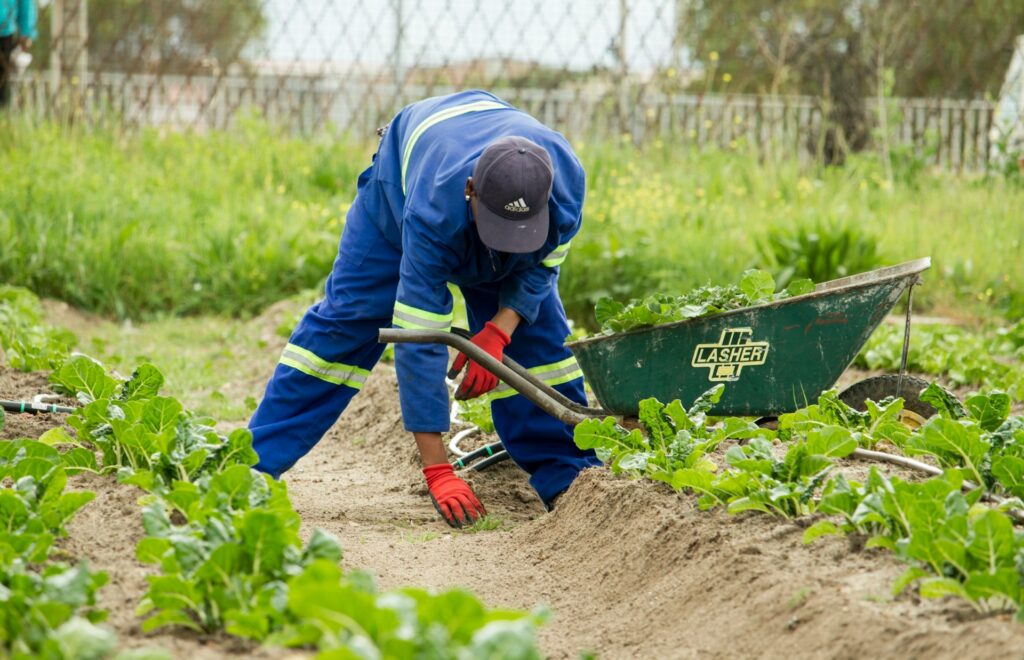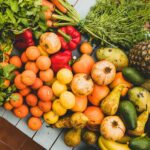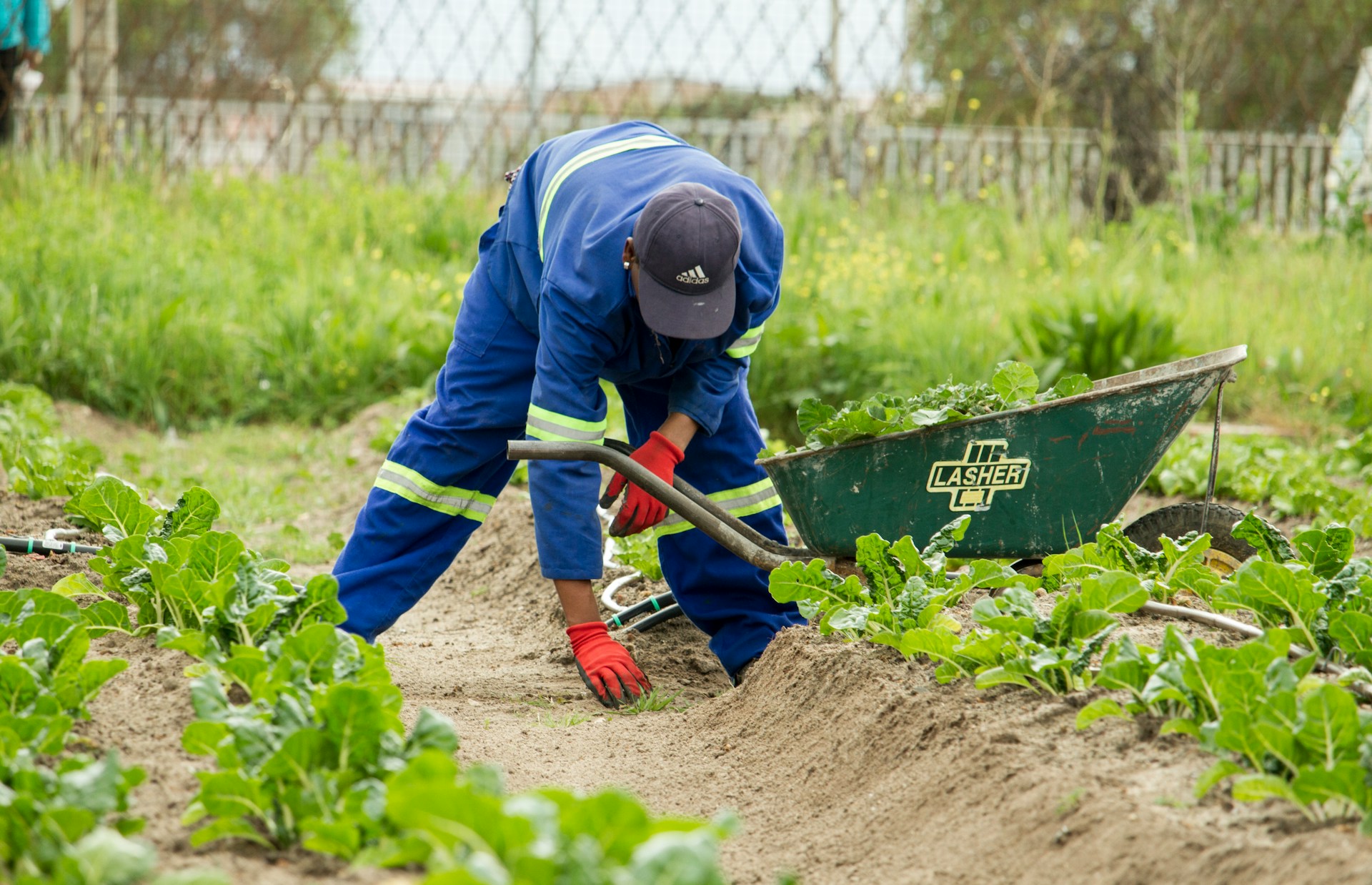
In the midst of urban landscapes, where concrete jungles dominate the scenery, lies a beacon of hope and resilience—the Urban Farming Institute (UFI). This organization stands as a testament to the transformative power of agriculture within urban settings, offering education, resources, and opportunities for communities to reconnect with the land and cultivate sustainable futures.
The Mission of the Urban Farming Institute
At its core, the Urban Farming Institute is driven by a mission to promote food justice, environmental stewardship, and economic empowerment in urban communities. Founded on the belief that everyone deserves access to fresh, healthy food, regardless of their zip code or socioeconomic status, the UFI works tirelessly to create a more equitable and sustainable food system.
Education and Training
Central to the UFI’s approach is its focus on education and training. Through workshops, classes, and hands-on learning experiences, community members are empowered with the knowledge and skills needed to grow their own food and become stewards of the land. From urban gardening basics to advanced agricultural techniques, the UFI offers a comprehensive curriculum designed to meet the diverse needs and interests of urban farmers.
Community Engagement
Beyond education, the Urban Farming Institute fosters community engagement and collaboration. Through partnerships with local schools, businesses, and organizations, the UFI creates opportunities for residents to come together, share resources, and support one another in their farming endeavors. Community gardens and urban farms serve as gathering spaces where neighbors can connect, learn from each other, and collectively address food insecurity and environmental challenges.
Economic Development
In addition to its social and environmental impact, the Urban Farming Institute plays a crucial role in economic development. By providing training in sustainable agriculture and entrepreneurship, the UFI empowers individuals to start their own urban farming businesses, creating jobs and economic opportunities within their communities. Through initiatives such as farmer’s markets, CSA (community-supported agriculture) programs, and farm-to-table partnerships, urban farmers can generate income while providing fresh, locally grown produce to their neighbors.
Environmental Stewardship
Urban farming has the potential to significantly reduce the environmental footprint of food production and distribution. By growing food closer to where it is consumed, urban farmers minimize the need for long-distance transportation, thereby reducing greenhouse gas emissions and energy consumption. Moreover, practices such as composting, rainwater harvesting, and soil conservation help to regenerate urban ecosystems and promote biodiversity. The Urban Farming Institute is committed to advancing these principles of environmental stewardship and sustainability through its educational programs and advocacy efforts.
Challenges and Opportunities
Despite its many benefits, urban farming faces numerous challenges, including limited access to land, zoning restrictions, and lack of financial resources. The Urban Farming Institute works tirelessly to address these challenges by advocating for policy changes, providing technical assistance, and fostering partnerships with government agencies, non-profit organizations, and private sector stakeholders. By leveraging the collective expertise and resources of the community, the UFI seeks to create a more supportive and enabling environment for urban farmers to thrive.
Conclusion
In conclusion, the Urban Farming Institute stands as a beacon of hope and resilience in urban communities, empowering residents to reclaim their food sovereignty, nurture the environment, and build thriving local economies. Through its commitment to education, community engagement, economic development, and environmental stewardship, the UFI demonstrates the transformative power of urban agriculture in creating healthier, more sustainable, and more equitable cities for all.






